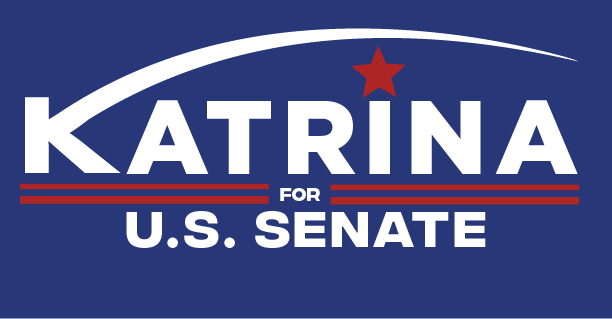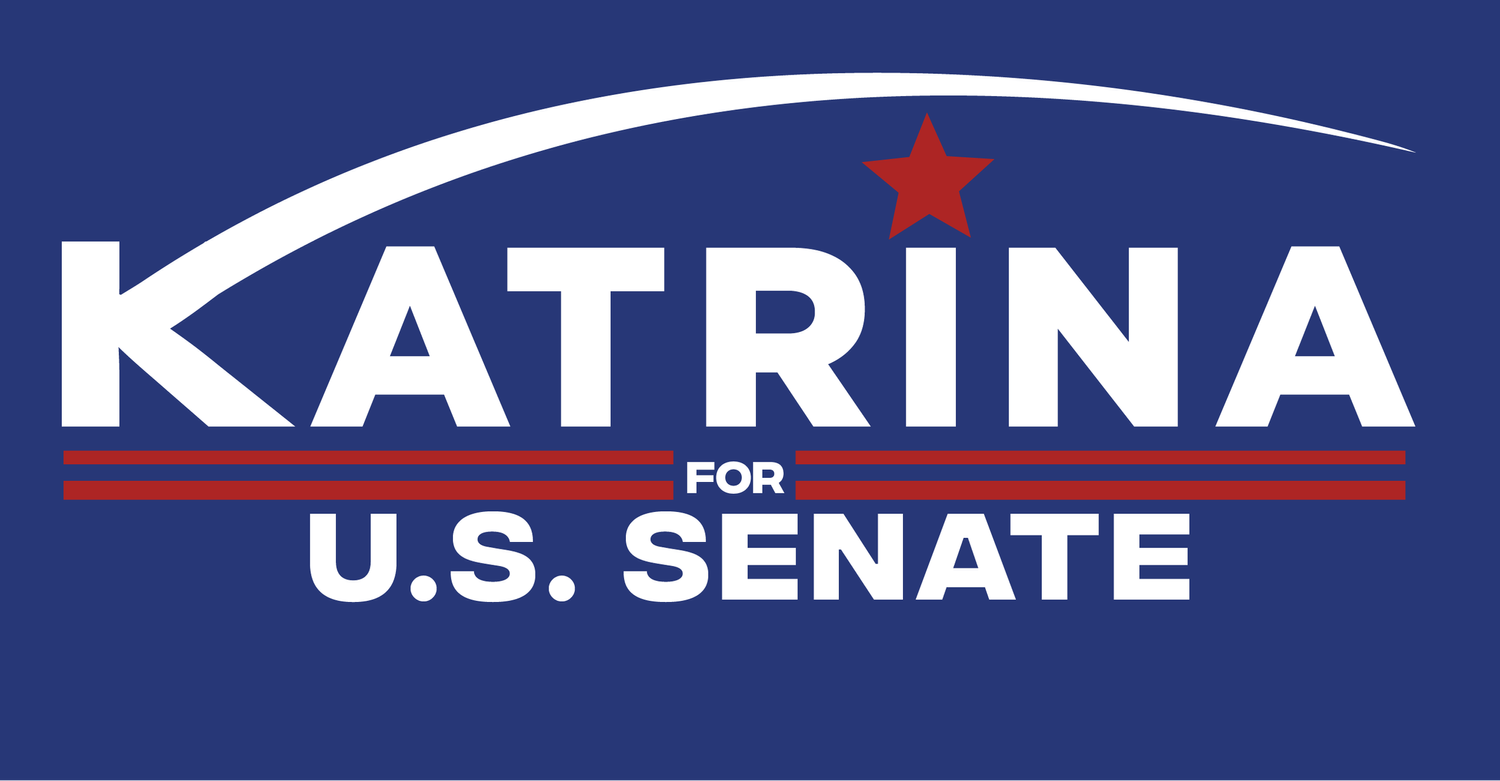Cramer, Christiansen Differ on Border Legislation
Published by Knox News Radio | August 25, 2024
(North Dakota Monitor) -Candidates for North Dakota’s U.S. Senate seat clashed on the bipartisan border package to address immigration concerns during the first general election debate of 2024.
The hourlong debate, hosted by Forum Communications columnist Rob Port and Chad Oban on their Plain Talk podcast, featured incumbent Republican Sen. Kevin Cramer and Democratic-NPL Party challenger Katrina Christiansen answering questions with no time constraints in conversational fashion.
The North Dakota Monitor reports that Christiansen hit Cramer on not supporting the bipartisan southern border package negotiated by U.S. Sen. James Lankford, R-Okla., which would have allocated funds to hire about 4,000 new border patrol agents and provide additional money for border security.
“What happened to our ability to reach across the aisle and accomplish things?” Christiansen said. “I would have signed (onto) that. I think we need to have secure borders and I hear about that on the trail from every type of North Dakotan.”
Cramer said his opposition to the border deal was linked to a provision in the bill that would have increased money to sanctuary cities, which he considered a non-starter.
“The very idea that we would reward cities for rolling out the welcome mat for violent criminals … I just couldn’t go there,” Cramer said. He added he thought the bill was a good “jumping off” point for the next Congress.
Christiansen said Cramer should have addressed his concerns with Lankford during the crafting of the bill instead of not supporting it.
National debt
The moderators brought up the United States’ milestone of passing $35 trillion in national debt.
Cramer attacked President Joe Biden’s administration and Democrats for overspending and causing inflation.
“Our economy has covered our sins of borrowing for a long time,” Cramer said.
He said he supports a balanced budget amendment, which would limit government spending based on available revenue, and he foresees difficult conversations with communities over prospective cuts.
“This may require some sacrifice on the part of a lot of people,” Cramer said.
Christiansen pointed out Cramer did not identify any specific cuts he would make to government spending programs and that President Donald Trump’s administration also accounted for $7 trillion in additional debt.
“The reality is a lot of career politicians don’t really want to do the hard work of balancing the budget while also protecting Social Security and Medicare,” Christiansen said. She said closing tax loopholes for the ultra-wealthy and corporations, combined with increased economic growth, would be a start to balancing the budget.
Farm bill
Christiansen said the ag market has been struggling since the 2018 farm bill and Trump administration trade wars in 2019.
“The price of corn this morning, I believe, is $3.70 per bushel, the price of wheat is $3.86 and the price of soybeans is $9.43 and every farmer woke up grumpy,” Christiansen said.
She also said consolidation in agriculture and processing industries has increased costs and resulted in a lack of competition.
Country of origin labeling on beef and pork products would be an easy fix for part of the industry, she said, and that could increase profits up to 40% for North Dakota producers because their products are “that damn good.”
Cramer said reference prices, which can trigger farm safety net programs, need to be adjusted; however, he added the addition of extra funds for nutrition and conservation programs have created an imbalance in the bill that lawmakers are trying to work through. He said he believes the current farm bill will be extended by the end of September, but is hopeful a new farm bill with the changes can be passed by the end of the year.
“If you change those lines, then the farm bill is going to become less about farming and more about the other side of the formula,” Cramer said. “We have to put the farmer back in the farm bill.”
Cramer, a former member of the North Dakota Public Service Commission, was elected as North Dakota’s representative to the U.S. House in 2012 and served for six years before running for U.S. Senate and defeating former Democratic U.S. Sen. Heidi Heitkamp with 55% of the vote in 2018.
Christiansen worked as an agricultural engineer and is an associate professor at the University of Jamestown. In 2022, she challenged Republican U.S. Sen. John Hoeven for his seat in a three-way race with conservative independent candidate Rick Becker and garnered 25% of the vote.
The two will face off in a debate hosted by Prairie Public on Oct. 2.
— by Bill Dubensky


